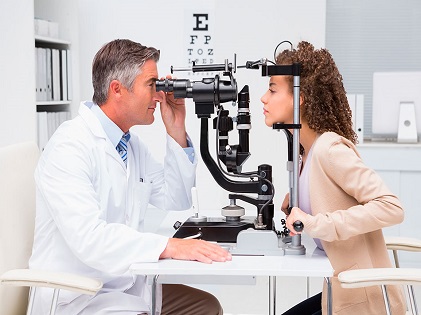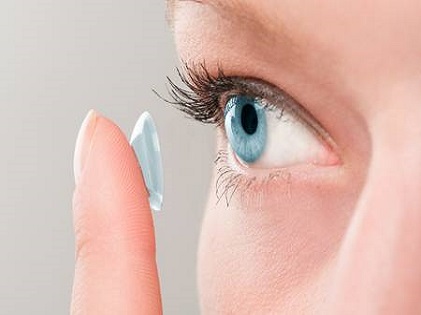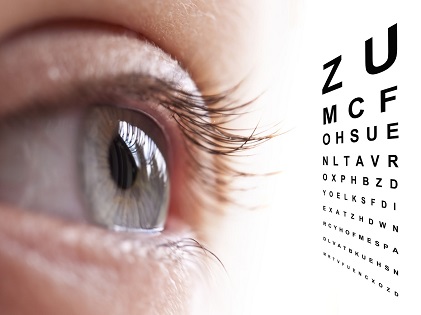

Health insurance is a hot topic that’s doing the rounds in recent times. This is mostly because of the COVID -19 and the job losses as a result of the pandemic spread. And with the increasing healthcare concerns, it has become necessary for people to have health insurance. Having health insurance doesn’t mean you do not have to read further. It could help you understand how an additional eye care plan might be necessary.
And that’s because your health insurance might not cover all the health concerns that might arise in your life. Most health insurance does not cover eye care problems and treatments associated with it.
So, go on and check your health insurance to see if your eye problems are covered. Remember, your vision care is as important as the rest of your body, so make sure you have the coverage for all your eye care issues, with the health insurance plan. If it is not, here are four of the most affordable eye care insurance plans that you might need.
UnitedHealthcare Vision
United Health Care plan is a health insurance provider that offers complete coverage to people of all ages. This vision care insurance extends its coverage to both network and non-network hospitals. Aimed at providing affordable vision care, it covers all your eye care needs, right from regular eye checkups to contact lenses, prescription glasses, to eye care surgeries, it covers it all.
United Health Care plan covers people of all ages and does not have a waiting period, which makes it the most sought after eye care insurance policies. You can choose from multiple vision care coverage plans and the available co-pay options.
Eye Benefits

EyeBenefits is an eye care insurance provider that offers discounted vision care services. You could either subscribe to an individual vision care provider or an add-on to your existing eye care insurance plan. It helps you cover all your eye care, eyewear, contact lens, and LASIK procedures that you might need.
You could also get a subsided cost with this vision of care insurance. This plan can give you anything around a 20% discount on eye examinations to a 50% discount on severe procedures like LASIK surgeries. While this insurance covers over 12,000 store locations where the discounts are applicable, the insurance does not apply to non-partner or non-network eye care providers.
Davis Vision
Davis Vision’s eye care plan offers Transitions Signature lenses at the most affordable price and co-pay options. Besides that, it also provides numerous coverage options on eye checkups, eye health, contact lenses, and spectacles. It offers the members the option to receive eyeglasses and contact lenses during the period of your membership.
Besides that, you are also eligible for a comprehensive vision examination in the network provider hospitals. This is to determine the health and correction needs of your eyes. However, the Davis Vision policies are only for a group health plan that you cannot convert easily into an individual plan.
BlueCross

BlueCross is one of the most sought after vision care insurance plans. One of the reasons for it is that it has over 18,000 providers and offers up to 50% discount on various vision care products. This includes the cost of eyewear, contact lenses, and LASIK procedures.
You could get a BlueCross eye care insurance either as a stand-alone policy or add it to your existing BlueCross health insurance plan. However, the Blue Cross vision care plan does not cover the corrective surgeries as one of the benefits of the plans. But, it covers all your other eye care needs.
These are just some of the most popular vision care insurance plans. However, before you subscribe to one of these plans, do thorough research, compare the coverage it offers, and finalize the one that suits your needs the best. Make sure you check the coverage it offers, the network hospitals, the co-pay options, and any hidden charges. Make sure to ask your vision care insurance provider about the possible exceptions or treatments that the policy might not cover. Read the fine print before signing up for insurance. You might also want to take to your existing health insurance provider to see if they can give you a health care plan that covers your eye care needs too.





